Whether it’s at home or in the gym, para-powerlifting offers something for anyone who wants to get under a barbell.
Discover what it means and what it takes to compete for Great Britain in para-powerlifting:
Para Powerlifting is considered as the ultimate test of upper body strength and power and is one of the fastest growing Paralympic sports. Para Powerlifting consists of one discipline: the bench press.
After its debut as weightlifting in the Tokyo 1964 Paralympic games, the sport (now known as powerlifting since the 1992 Barcelona Paralympic games), expanded from just male athletes with spinal cord injuries to now including athletes of all genders with physical impairments that affect their lower limbs or hips and athletes with short stature. Para Powerlifters are split into 10 different categories based on bodyweight for each gender in competition.
Watch the video below for an overview of Para Powerlifting:
Our Para Powerlifters have won 35 medals at Paralympic games since its debut and these consist of: 8 gold, 12 silver and 15 bronze.
2020 Tokyo Paralympic Games
- Louise Sugden: Bronze medallist - women’s up to 86kg category
- Micky Yule: Bronze medallist - men’s up to 72kg category
- Olivia Broome: Bronze medallist - women’s up to 50kg category
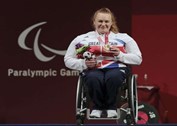
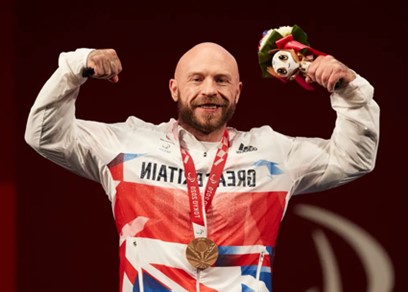
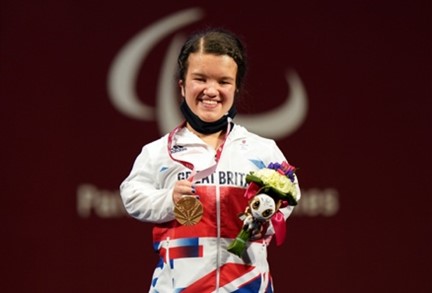
2024 Paris Paralympic Games
- Zoe Newson: Silver medallist - women’s up to 45kg category
- Mark Swan: Silver medallist - men’s up to 65kg category
- Olivia Broome: Bronze medallist - women’s up to 50kg category
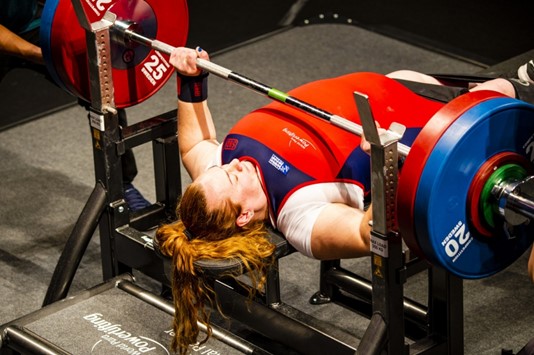
Para Powerlifting is a sport that focuses on the bench press movement. Paralympic athletes lie totally flat with their feet supported on a specially adapted bench.
To perform the movement, the athlete must lower the bar to the chest, pause the bar while keeping it motionless, then push the bar up upwards to arms length with locked elbows.
Watch the video below for more information:
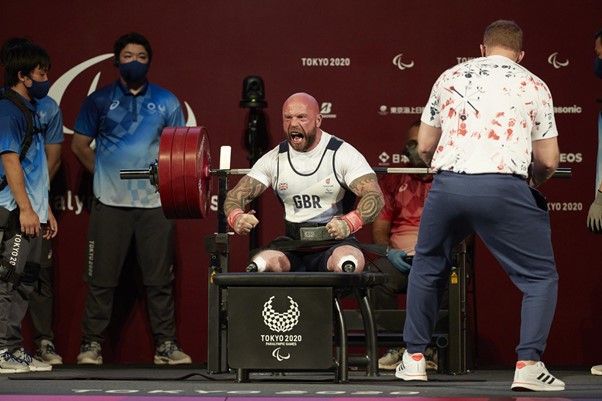
To ensure competition is fair and equal, all Paralympic sports have a system in place which ensures that winning is determined by skill, fitness, power, endurance, tactical ability and mental focus, the same factors that account for success in sport for non-adaptive athletes. This process is called ‘classification’ and its purpose is to minimise the impact of impairments on the activity.
Classification is an assessment process that determines which athletes are eligible to compete in any given Paralympic sport according to that sport’s specific rules and regulations. This process confirms that a presented impairment is aligned with the medical diagnostic information submitted and meets the minimum impairment criteria outlined in the World Para Powerlifting Classification rules and regulation (IPC Classification, Rules and Regulations). BWL facilitate two main pathways which National Classification influences your eligibility for: National and International representation or National representation only.
Para Powerlifting is open to athletes that meet one or more of eight eligible physical impairments. For more information on classification, what impairments are eligible and how to start the classification process please click here.
Once you have read and understood the classification powerpoint, please complete and send the IPC Medical Diagnostic Form and the IPC Athlete Eligibility Agreement Form to connor.macdonald@britishweightlifting.org. If you have any questions regarding this, please reach out!
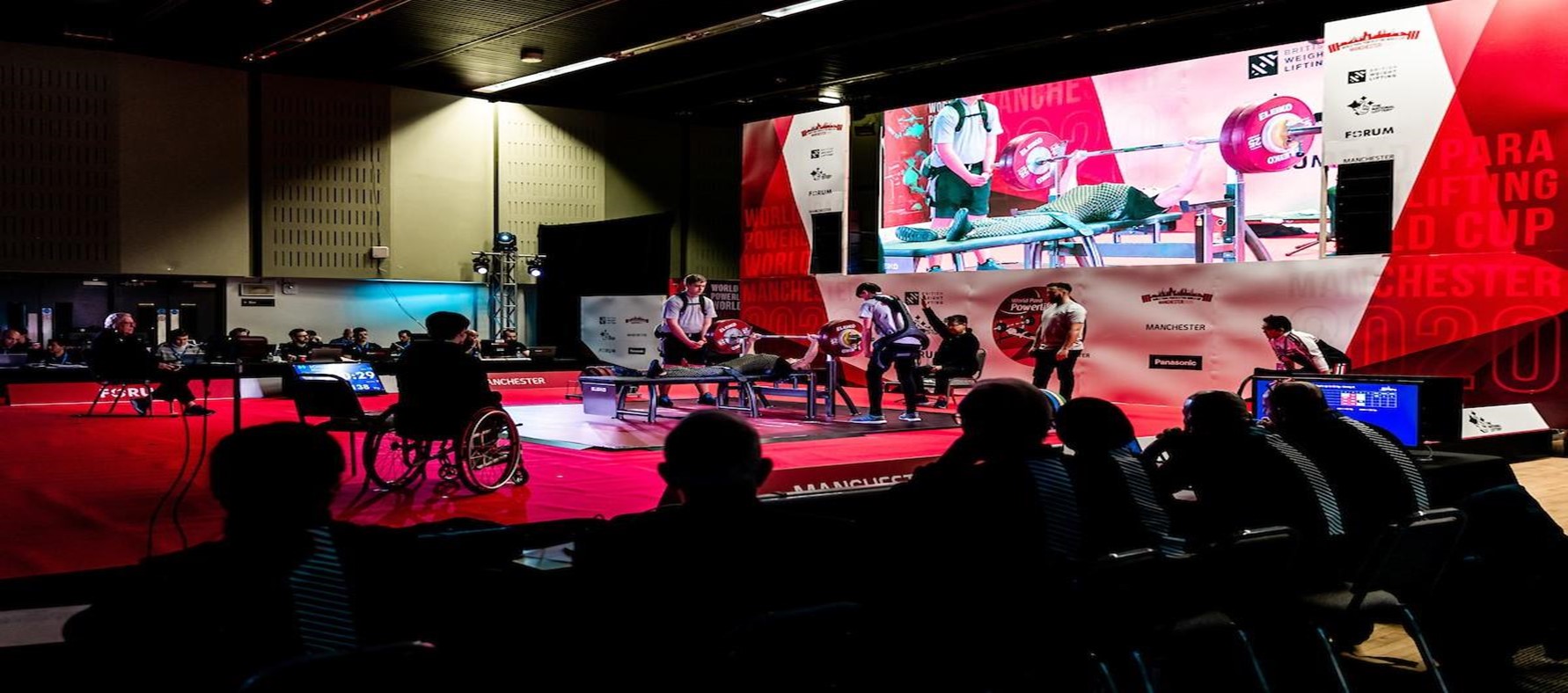
In Para Powerlifting, athletes compete as individuals and are grouped in competition based on their bodyweight and by gender. To be eligible to compete, athletes must have a competing membership of British Weight Lifting which can be purchased here
These are the are 10 bodyweight categories for the male and female groups:
- Men compete in the 49kg, 54kg, 59kg, 65kg, 72kg, 80kg, 88kg, 97kg, 107kg and +107kg divisions.
- Women compete in the 41kg, 45kg, 50kg, 55kg, 61kg, 67kg, 73kg, 79kg, 86kg and +86kgdivisions.
There are 3 stages to a competition day:
- Kit check and weigh in
- Warm up
- Competition
During kit check and weigh in, athletes will have their equipment and kit examined to ensure it fits the eligibility criteria outlined by world para powerlifting, click here for WPPO Rules and Regulations. Here you will also present documentation to prove your identity and impairment. After this, you will be sent to weigh in which is the official process to verify the athletes final bodyweight to confirm that the athlete is within the necessary parameters to compete within their selected bodyweight category. Then you will warm up and compete.
During competition, athletes get three attempts to compete. There are three referees and each one gives either a white light for a good lift or a red light for a no lift. At least two white lights are required from the three referees to have a good lift. The winner is the athlete who lifts the heaviest weight in their weight category.
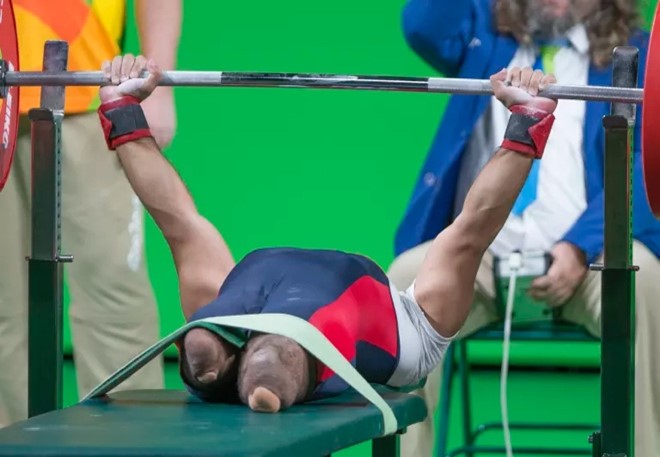
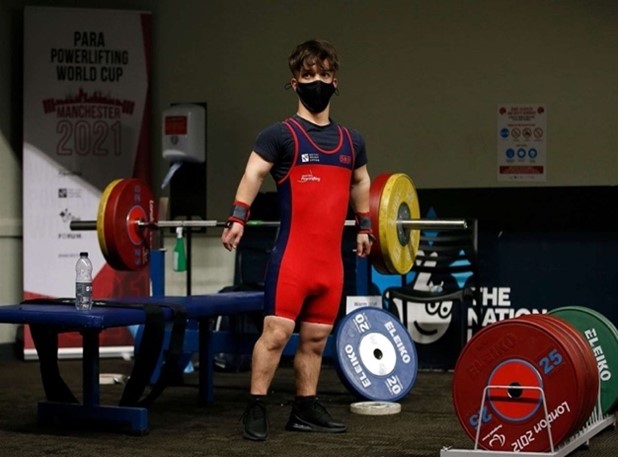
There are a few pieces of equipment that para powerlifters use and need for competition. These are:
- Adapted Bench
Athletes compete lying on an official World Para Powerlifting approved bench .
Click here to see an approved bench
A non-adaptive bench (the usual one you see in a gym) can be adapted to be used as an adaptive bench (competition style bench).
- Lifting suit
To compete in competitions, athletes are required to wear a lifting suit. These suits are form fitting, they allow the judges to evaluate form and movement more clearly.
Click here to see an IWF approved lifting singlet from our partner SBD
- Wrist wraps – optional but advised
Wrist wraps are used to keep your wrist in a neutral position to aid stability during the bench press. This will also help increase how much force you can exert into the barbell during the movement and will reduce the risk of injury.
Click here to see wrist wraps from our partner SBD
- Bench Straps
Bench straps are used to secure the lower limbs and hips onto the bench to improve stability during the bench press. You can contact the company via the link here and they will make one.
For Para Powerlifting, the UK has a World Class Programme for top level lifters. Each year, a new team is selected, with 8 athletes being chosen.
Click here to see the current World Class Programme team and read the athlete’s profiles!
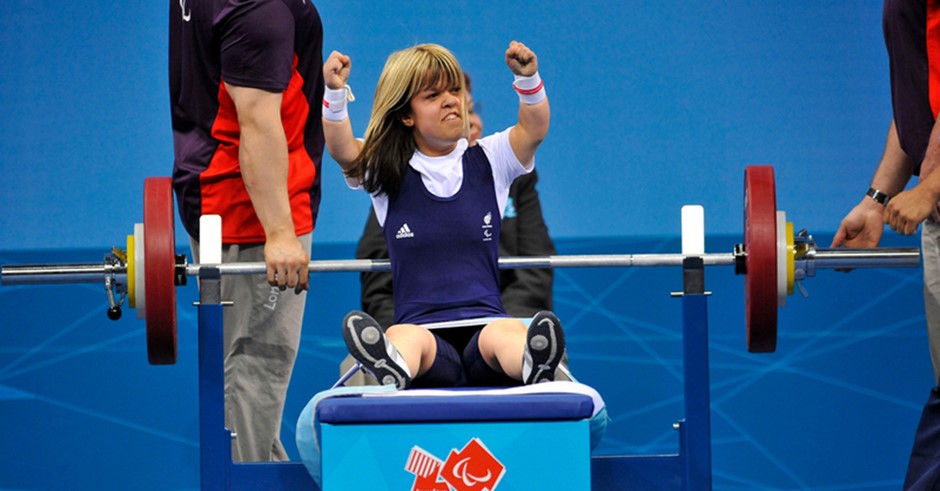
Feeling inspired? Take the next steps
Before making the decision to begin Para Powerlifting please visit your GP to understand if you are safe to do so, and also to compete. Your GP will also need to complete the IPC Medical Diagnostics Form along with a letter of safety - you will need both of these to be reviewed by BWL before you compete to determine your eligibility to participate nationally.
Para Powerlifting is an extremely accessible sport which you can perform at home with the correct equipment, or by signing up to a gym in your local area for a very low cost. Come and get involved!
Tips & Information
Before Competing
Be aware of the para-powerlifting rules and regulations so you understand how a competition works and what it takes to get a 'good lift' in competition.
Ensure your classification documents have been sent to British Weightlifting at the same time as your competition entry.
Understand the competition/event schedule and national classification opportunities prior to competing for the first time.
Where are we based?
Our high performance centre is located at Powerbase Gym, Loughborough University, University Rd, Loughborough LE11 3TU.
Any questions? Get in touch
Please contact Connor, our Pathway Development Coach with any questions or if you are interested in getting started via connor.macdonald@britishweightlifting.org.
Some Useful Resources:
TASS Selection Policy 2023-2024
Sports Aid Selection Policy 2024
BWL Para-Powerlifting International Team Formation Overview and Philosophy
IPC Classification, Rules and Regulations
IPC Technical Rules and Regulations
IPC Athlete Eligibility Agreement Form
Partners
-
 Official Partner
Official Partner
-
 Official Equipment Partner
Official Equipment Partner
-
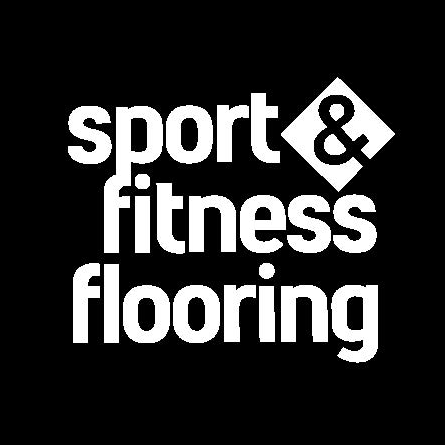 Official Partner
Official Partner
-
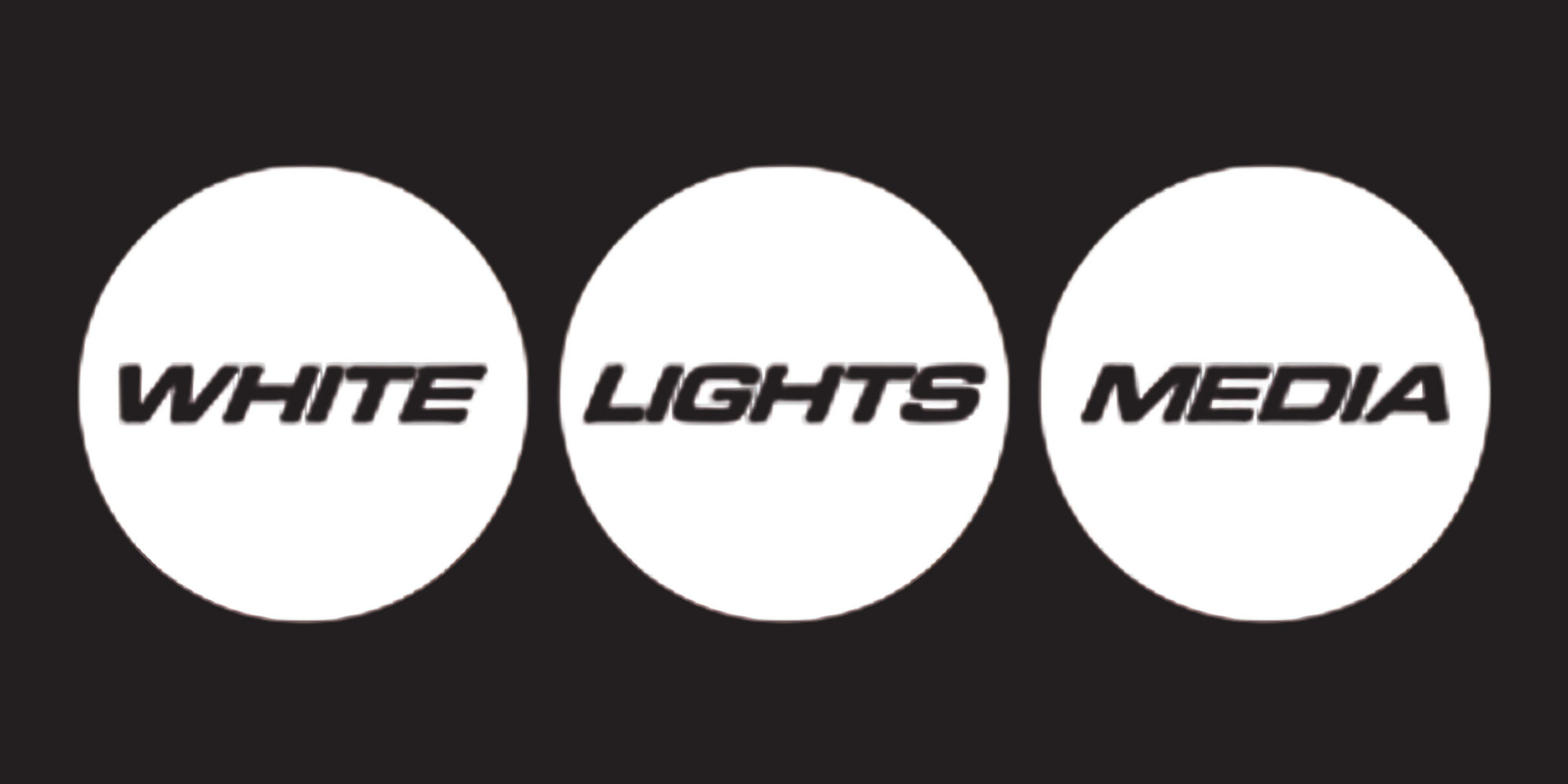 Official Photography Agency
Official Photography Agency
-
 Official Partner
Official Partner
-
 Official Partner
Official Partner
-
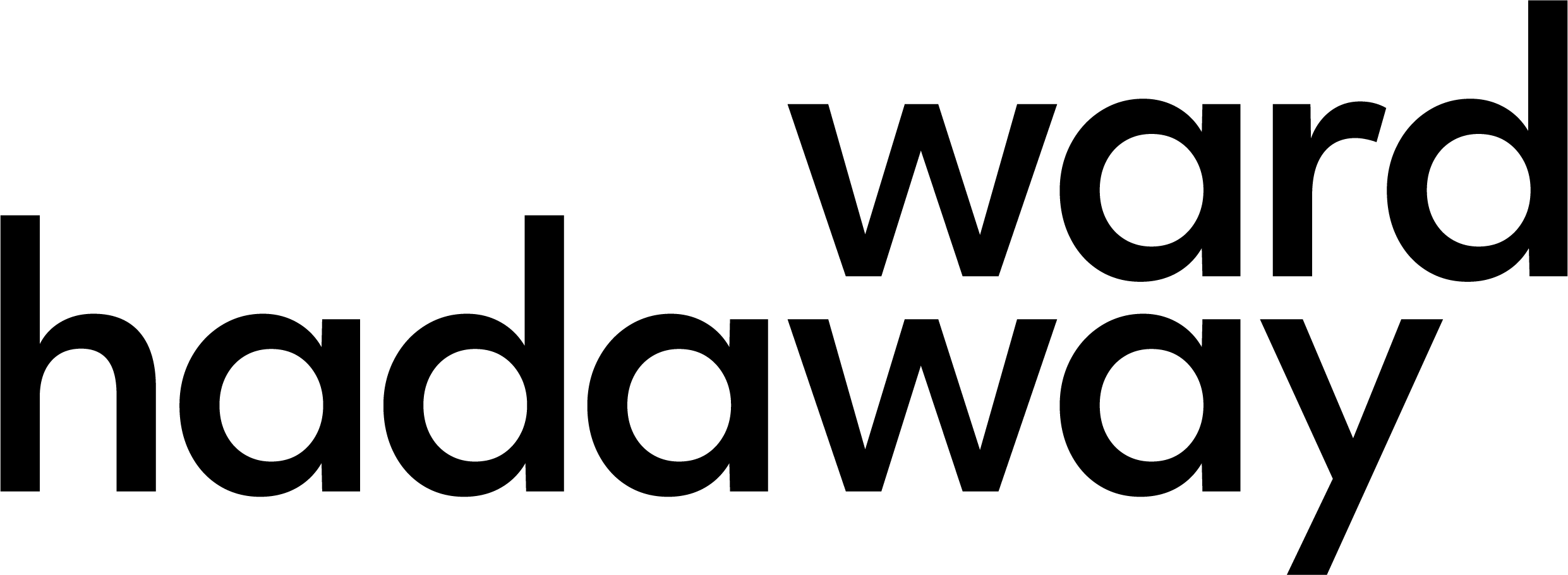 Official Partner
Official Partner
-
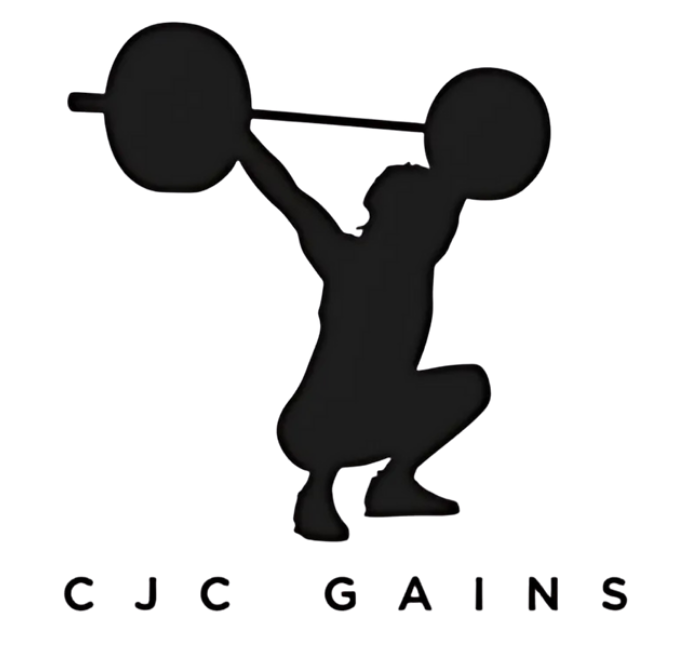 Official Partner
Official Partner
-
 Official Travel Partner
Official Travel Partner
-
 Partner
Partner
-
 Funding Partner
Funding Partner
-
 Funding Partner
Funding Partner
-
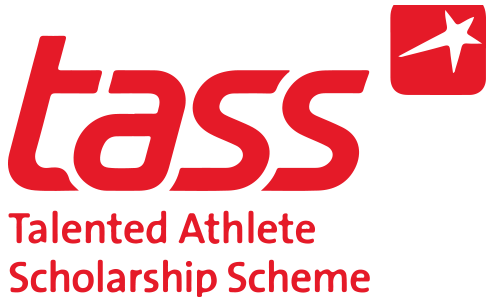 Funding Partner
Funding Partner
-
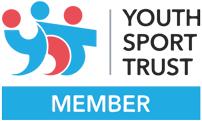 Official Strategic Partner
Official Strategic Partner
-
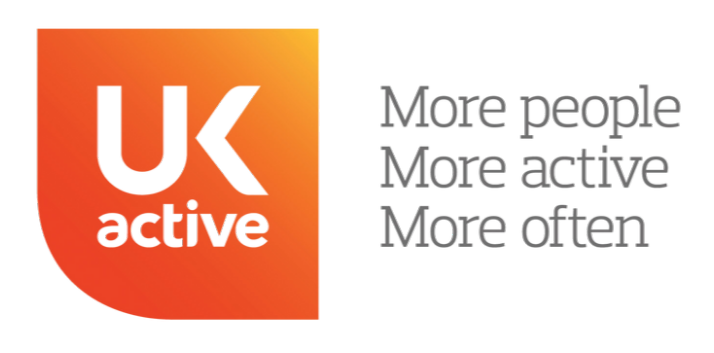 Official Strategic Partner
Official Strategic Partner
-
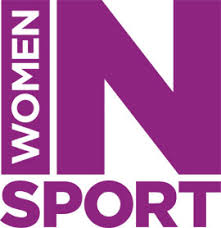 Official Strategic Partner
Official Strategic Partner
-
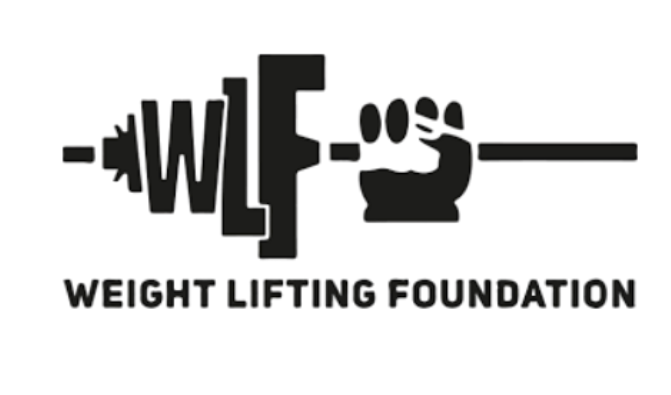 Weight Lifting Foundation Charity
Weight Lifting Foundation Charity
-
 Official ELearning Partner
Official ELearning Partner
-
 Official Awarding Organisation
Official Awarding Organisation
-
 Official Course Endorsement
Official Course Endorsement


